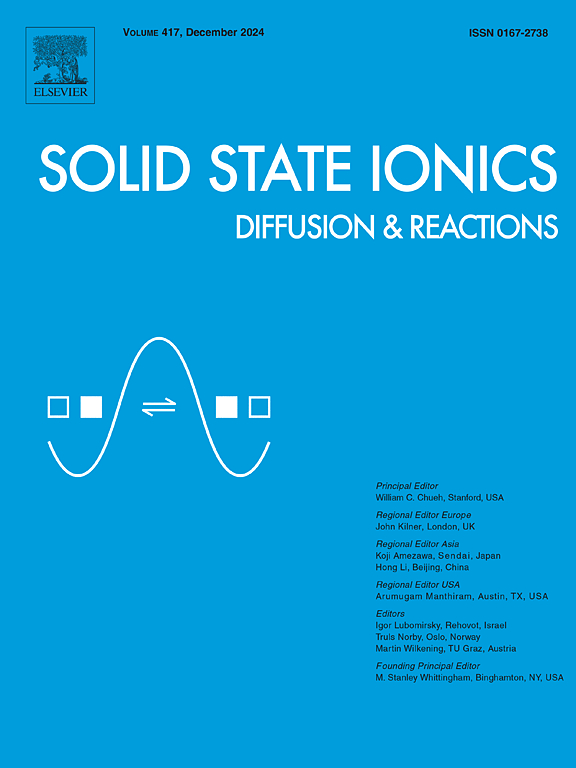Structure and properties of proton exchange layers in lithium niobate-tantalate solid solutions
Abstract
New optical materials, in particular mixed lithium niobate-tantalate (LNT) solid solutions, are promising for application in photonics and microelectronics. Proton exchange is one of the widely used methods for producing low-contrast optical waveguides. The structure and properties of the proton exchange layers in X- and Z-cut samples were systematically studied using various structural and integrated optical methods. Direct proton exchange leads to the formation of a waveguide layer with a step-like refractive index profile. The waveguide-substrate boundary is clear (not blurred). At this boundary, the parameters of the crystal lattice change abruptly. Proton exchange leads to with the formation of deformation twins and surface damage of the LNT crystal structure. Indices and geometric parameters of surface damage were determined. The results of phase analysis of the samples indicate the presence of β-phases with high degrees of deformation of the crystal lattice. The calculated kinetic parameters of proton diffusion in LNT are significantly lower than for lithium niobate crystals, which is due to both the tantalum impurity and the greater disorder of the crystal lattice, and this leads to a decrease in the increment of the refractive index. The results provide a physical basis of diffuse process and design and fabrication of proton exchange waveguides in mixed LNT solid solutions.

 求助内容:
求助内容: 应助结果提醒方式:
应助结果提醒方式:


